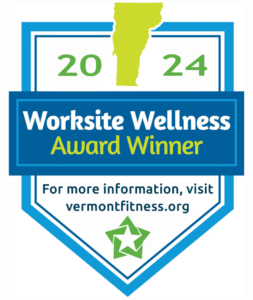 Mountain Community Health is a growing Federally Qualified Health Center (FQHC) providing medical, dental, and mental health services to patients of all ages, located in Bristol, Vermont.
Mountain Community Health is a growing Federally Qualified Health Center (FQHC) providing medical, dental, and mental health services to patients of all ages, located in Bristol, Vermont.
Bristol, Vermont, is a vibrant and dynamic community nestled at the foot of the Green Mountains. Bordered by the New Haven River, Green Mountain National Forest, and Champlain Valley’s farms and fields.
We are a non-profit community health center serving all, committed to providing access to high-quality care. We are an equal employment opportunity employer and are especially interested in candidates who can contribute to the diversity and excellence of our organization. Benefits combined with a positive and mission-minded staff and work environment in a rewarding health center caring for patients make us a great work environment.